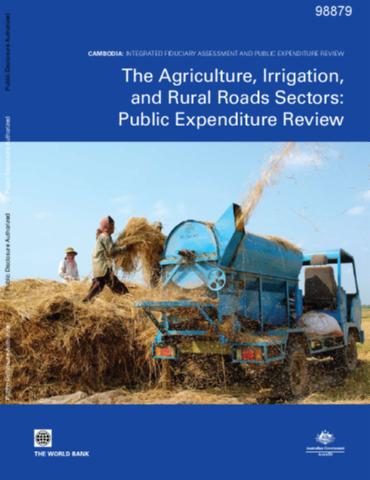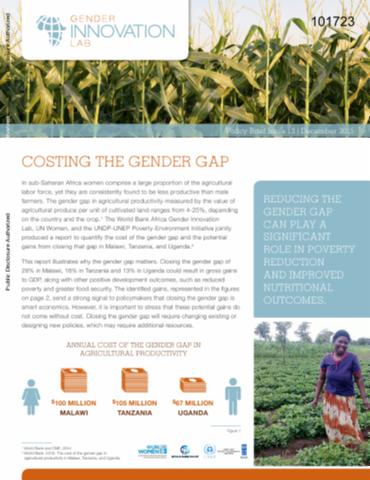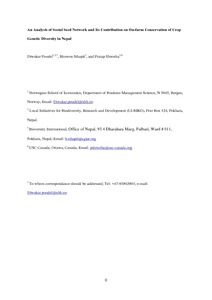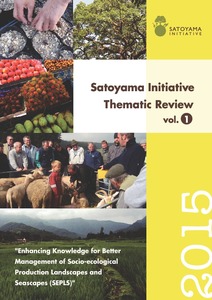Assessment of land degradation and its impact on crop production in the Dry Zone of Myanmar
Land degradation in terms of soil degradation is a major environmental issue posing threat to sustainable livelihood in the semi-arid region of Central Myanmar. However, the studies on soil degradation status and its impacts in this region are very scanty. The objective of this study was to determine the impact of land degradation on crop production both in terms of area and yield in the Dry Zone of Myanmar. Remote sensing and geographic information system-based modelling was utilized to assess and map soil erosion rates.







